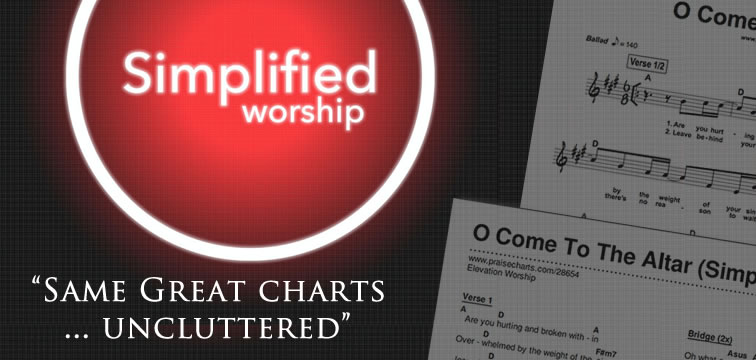The Essence Of Worship
Featuring Posted on March 15, 2008
For more than 60 years the secrets and delight of Tolkien’s The Hobbit (1937) and Lord of the Rings (1954/1945) were a well kept secret, savoured by fantasy and literature “geeks”. Then Hollywood took hold! Suddenly the world was alive with tiny little men with big feet on a secret mission to save their people.
Steinbeck’s East of Eden (1952) lay dormant on library shelves for more than 50 years until Oprah put it on her booklist in June of 2003. Suddenly there’s a surge in sales.
We live at a time when anything good – or sometimes not so good – is packaged, repackaged, marketed and sold. People are drawn to success. If enough people say it’s good – well, then it must be good! Products, books, movies. We see it all the time in our society. It’s really no different in the church.
My heart is filled with sadness when I find that worship has also been packaged and sold with screen savers and posters. Worship, in many ways, has become a commodity. And the most successful packaging is through Christian worship music.
Worshipping through music is not new. Musical traditions and styles may have changed, but throughout the tradition of the Jewish community and the Christian church, music has been a strong component of corporate and individual worship.
Today, hundreds of thousands of churches are in conflict. While much of the language of the conflict lies in changing worship styles, that is not the true center of the conflict. The conflict is exactly the same as it was in the days of Christ and the days of the early Reformers. Church leaders who no longer focus their ministry entirely on worshipping God have lost their first love.
While that sounds simplistic, the Bible has many warnings about us leaving our first love and letting other things take its place. In Revelation, Jesus commends the church for its refusal to tolerate evil and for being patient in their suffering, but he goes on to say, “But this I have against you, you do not love me now as you did at first. Think how far you’ve fallen” (Revelation 2:4–5)!
How easy it is to fall away from our first love! The distractions of family, earning a living, church meetings and programs, taking care of our possessions, education and the list goes on and on.
When one loses their first love, it is easy to replace it with laws, rules and rituals. How easy for us to identify the hypocrisy and arrogance in the Jewish rabbis who counted how many steps one could take on the Sabbath before it was counted as work. How easy for us to critique the priests who were more interested in padding the coffers of the church than reaching out to the people they served.
How hard for us to see the pain and agony our God is experiencing when we focus our attention on style, musical instruments and formats.
Bruce Leafblad, a professor of church music and worship at Southwestern Baptist Theological Seminary in Texas, writes:
In church history, no major renewal has ever come from forms and formats, and so it is today. The great need of the church today is neither to cling to the old or to create the new forms and formats. Our greatest need today is to recover the priority of God in our worship and in the whole of life. The crisis in worship today is not a crisis of form but of spirituality (Bruce H. Leafblad, “Worship 101,” Worship Leader Magazine, November/December 1998, p. 25).
The essence of our worship is a focus on God – to love him, to know him, to desire what he desires and participate in what he is doing. We need to rediscover a hunger for the presence of God in every aspect of our lives. This is not something that happens only on a Sunday morning. It is something that must happen in all facets of our lives. Our worship of God – our recognition of his activity among us – must be intertwined into all we do.
We are children of a living God. How wonderful when the DNA of our heavenly Father is infused into every part of our daily lives. Living a life of worship is not limited to a service or a building. We – who were made to worship him – don’t cease being God’s creation when we leave the sanctuary. We don’t live such segregated lives with God that he participates in our lives only during those portions of time we allow him to be active. God is always active in our lives.
He is intimately interested in who we are. He has carved us on the palm of his hand and he knows us completely (Isaiah 49:15–16). He invites us into a life of worship – a life not focused on our desires and preferences but a life focused on him and his activity in the world. A life that cannot but lift his praise in the midst of drudgery, drama or ecstasy because we see beyond our own existence and recognize his activity in and through us.
Tag: Worship Life
Related Posts
- Jesus is the Cornerstone
- Amazing Shortcuts To Greatness!
- Encouragement For Worship Leaders
- Why Architecture Matters: Our Quest to Unify Organ and Drums for the Sake of the Gospel
- Missing A Beat
- Flow- Minimize The Distractions On The Journey Of Worship
- Ministry, Money And Motivation
- Conversation And Community
